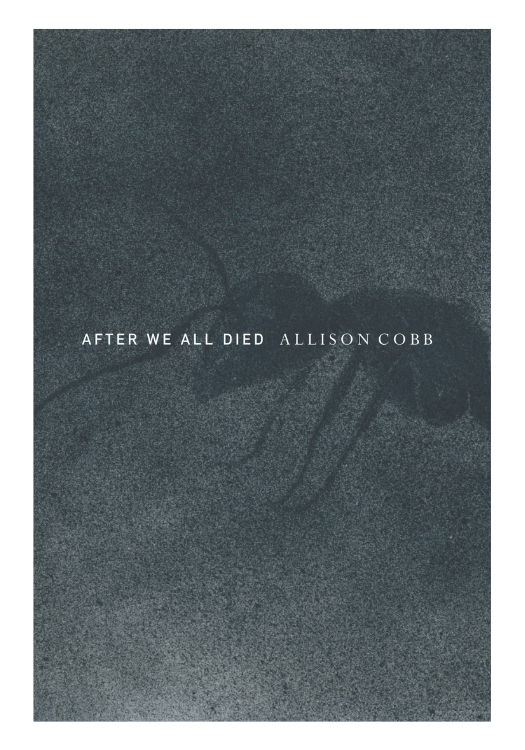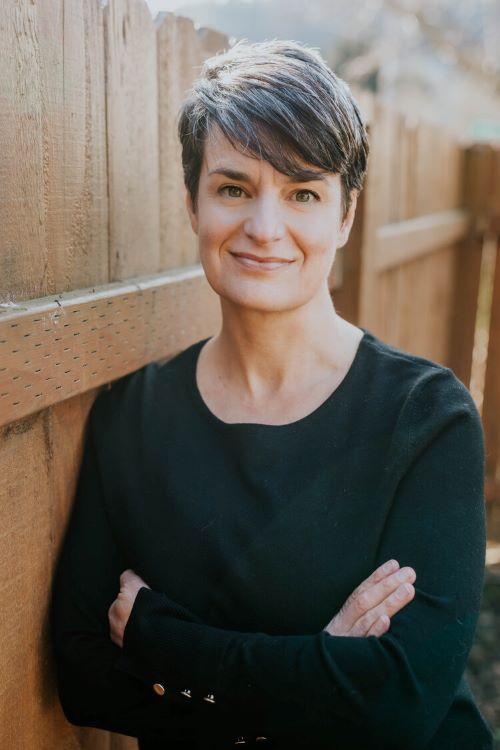As a writer, I have been obsessed with the complexities of my origins, having been born and raised in Los Alamos, New Mexico, the town that built the first atomic bombs, and which remains the location of one of the nation’s three main nuclear weapons labs. Planetary legacies of damage and death stem from this place. How did this happen? Poetry opens a way to ponder this question by tapping into wells of emotional and intuitive knowledge — a different layer from political and historical narratives.
Many of the scientists who designed and developed the atomic bomb were refugees from Europe, who were terrified by the specter of a nuclear-armed Hitler. Many also were horrified by the use of the bomb on Japan and tried to stop it. I know from my own life that many of the people who now work at the lab are motivated by a desire for a better, safer world. Some are drawn there by the state-of-the-art facilities funded by taxpayer dollars for national security purposes. They conduct science that has nothing to do with nuclear weapons, but they still benefit from their existence.
The challenge with narrative is that each person can find a frame for the facts that suits their worldview. In Los Alamos, a triumphalist story reigns about nuclear weapons having ended World War II earlier than it might have otherwise, winning the Cold War, and maintaining a peace among world military powers. This narrative erases the historical and contemporary suffering of people around the world caused by weapons designed at Los Alamos, including Congolese uranium miners and Indigenous uranium miners; residents of the Marshall Islands, where the nation’s largest nuclear weapons were tested; and generations of people in Japan, such as my friend the visual artist, Yukiyo Kawano, who is a third-generation hibakusha, or nuclear bomb survivor.
Poetry can dive beneath narratives and their erasures. In this poem “For love,” I wanted to look at the complexities and contradictions of the humans who devote their lives to weapons of mass destruction. What drives them? One aspect, the poem suggests, is fear, a fear-tinged love, an anticipatory or active grief about what could be lost, which comes out of their strong love. Maybe a poem can bring these motivations into the light so that they can be examined. What if fear could be felt and known as the vulnerable emotion that it is, what kinds of knowledge and action might that produce? Maybe the existence of fear would not have to lead to weapons.




